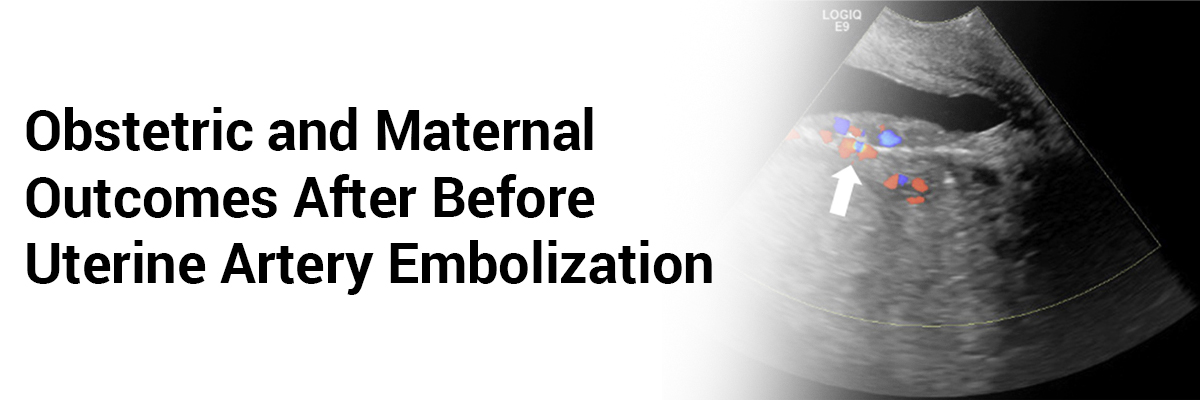
 IJCP Editorial Team
IJCP Editorial Team
Obstetric and Maternal Outcomes after Before Uterine Artery Embolization
This meta-analysis aims to review postpartum hemorrhage (PPH) as a pregnancy complication, post-uterine artery embolization (UAE), by exploring the interrelation between obstetric complications and prior UAE.
This was a systematic review conducted through March 2021 – using Scopus, Cochrane Central Register of Controlled Trials, and PubMed databases, to determine the effect of a prior UAE on PPH, placenta accrete spectrum (PAS), hysterectomy, placenta previa, preterm birth (PTB) and fetal growth restriction (FGR).
The 23 retrospective studies analyzed in this study included 483 pregnancies with a history of UAE. The cumulative results indicated that the rates of PAS, PPH, and hysterectomy were 16.3%, 24%, and 6.5%, respectively, in women with prior UAE. Compared to women without prior UAE, women with a history of UAE experienced higher rates of PPH and PAS. The same could not be concluded in cases with FGR, PTB, hysterectomy, or placenta previa.
It was inferred that prior uterine artery embolism is a risk factor for postpartum hemorrhage and placenta accrete spectrum. Clinicians should be cautious about these probabilities while operating on patients with a history of UAE. Further research is warranted to reinforce the results of this study.
Moreover, prior UAE for PPH is a significant risk factor for PAS and PPH during subsequent pregnancies. Furthermore, PPH often recurs; apt precautions must be taken during the time of delivery of women with such history.
Source: Scientific Reports. 2021; 11: 16914. doi: 10.1038/s41598-021-96273-z

IJCP Editorial Team
Comprising seasoned professionals and experts from the medical field, the IJCP editorial team is dedicated to delivering timely and accurate content and thriving to provide attention-grabbing information for the readers. What sets them apart are their diverse expertise, spanning academia, research, and clinical practice, and their dedication to upholding the highest standards of quality and integrity. With a wealth of experience and a commitment to excellence, the IJCP editorial team strives to provide valuable perspectives, the latest trends, and in-depth analyses across various medical domains, all in a way that keeps you interested and engaged.






















Please login to comment on this article